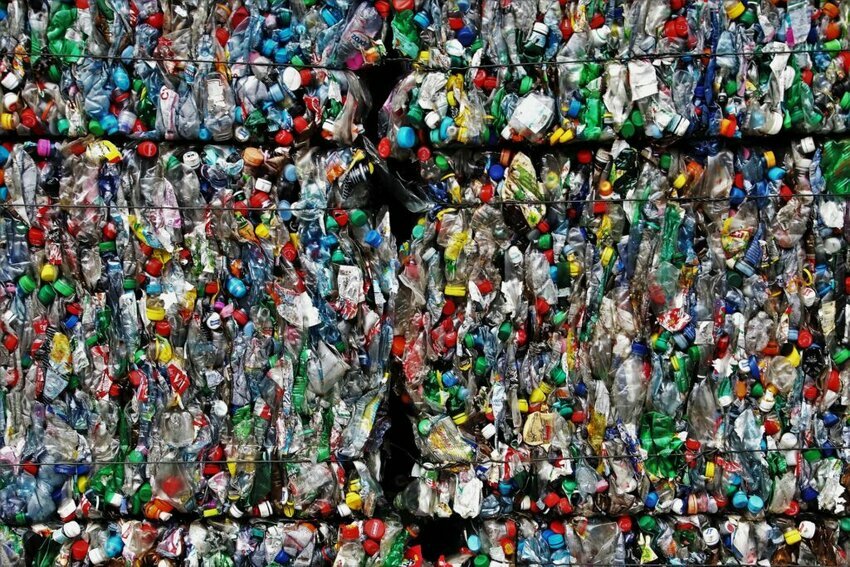 (Credit: Pixabay)
(Credit: Pixabay)Representatives from 175 nations have endorsed a UN resolution to end plastic pollution by addressing the full lifecycle of plastic, including its design, production and disposal.
Among topics expected to be a part of such an agreement are alternatives to plastic, recyclable and reusable products, and the need for international collaboration to improve technology and scientific methods regarding plastics. The UN Environment Programme (UNEP) says in addition to working with governments, it will involve businesses in the discussions as well as seek private investments to research the circular use of plastics.
The resolution came at the UN Environment Assembly in Nairobi and establishes an intergovernmental negotiating committee (INC), which will begin work this year with goal of completing a draft for an international legally binding agreement by the end of 2024.
Overall, the plastics industry was valued at nearly $523 billion in 2017, the UN says, and is expected to double by 2040.
Plastics remain an important piece of many industries, such as personal care products, which are said to produce 120 billion units of packaging annually. Some 100 companies in the industry recently pledged through rePurpose Global to go plastic neutral or plastic negative.
International regulation on plastics was expected to be on the horizon heading into 2020 as several proposals were aimed at UN discussion. It comes as many businesses and organizations have attempted to address plastics, especially single-use and problem plastics.
The World Wildlife Fund’s ReSource: Plastic program is an example of that focus, with companies like Keurig Dr Pepper, McDonald’s, Starbucks, Procter & Gamble and Coca-Cola involved. The program has reduced hard-to-recycle and single-use plastics by 57% between 2018 and 2020, WWF says.
The global plastic recycling market is also expected to reach $47.3 billion by 2026, according to Research and Markets. The market is especially being driven by the textile, electronics, automotive and packaging industries.
The UN says shifting to circular production and use of plastics can reduce production of virgin plastics by 55%, save $70 billion by 2040 and reduce greenhouse gas emissions by 25%.
UNEP will hold a forum by the end of 2022 that will be open to all stakeholders in conjunction with the first session of the INC to share information and plastic targets from different parts of the world. The organization will facilitate open and science-based discussions as well as report on progress throughout the effort.
UNEP Executive Director Inger Andersen says the time frame does not mean there will be a two-year pause for addressing the global plastics issue. When the INC comes to its conclusions, UNEP will hold a conference to adopt the regulations.
“This is the most significant environmental multilateral deal since the Paris accord,” Andersen says.